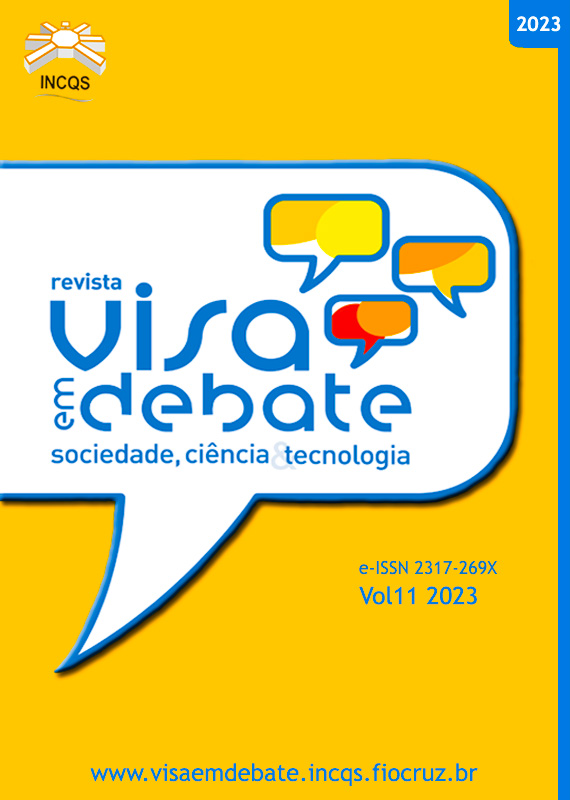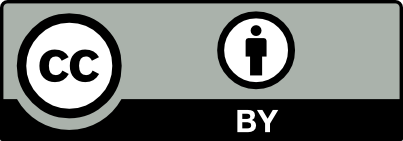Sociodemographic profile of employees and their contribution to the development of a Food Safety Culture
Vigil Sanit Debate, Rio de Janeiro, 2023, v.11: e02065 | Published on: 22/03/2023
DOI:
https://doi.org/10.22239/2317-269x.02065Keywords:
Behavior, Safety Management, Hygiene, Leadership, Food HandlingAbstract
Introduction: The Food Safety Culture (FSC) is made of individual and collective behaviors of the members of a company, including beliefs, attitudes, and shared values, related to Food Safety. This concept was incorporated into the Food Safety Management System to reduce the risk of foodborne diseases. Objective: To discuss how the sociodemographic profile can be used in the process of development and maturation of the FSC in an organization that operates in the retail food trade. Method: An FSC characterization instrument, already validated, was answered by a total of 300 workers, in 13 different stores in the greater São Paulo - Brazil. The sociodemographic profile was composed of “gender”, “age”, “origin”, “education”, “experience in the food sector”, “experience in the company”, “position and sector” of work. Results: The most relevant sociodemographic data for CSA in this article were “age”, “origin” and “experience in the food area”. these can be leveraged by leaders, in companies in the food sector, for the construction and development of FSC. Conclusions: The sociodemographic profile of employees can help in the: identification of talents and skills; planning of qualifications and training; and, effective communication and understanding of the concept of risk. It can ultimately help leadership in shaping high-performance teams, capable of acting with responsibility and freedom, achieving high performance in terms of productivity and product safety.
Downloads
Published
Issue
Section
License
Copyright (c) 2023 Cristiane Aparecida Matukuma, Andrea Boanova, Germana Vizzotto Osowski, Gisella Stephanie de Oliveira Dias da Silva, Simone de Carvalho Balian (Autor)

This work is licensed under a Creative Commons Attribution 4.0 International License.
COPYRIGHT ALLOWANCE The author (s) hereinafter designated as the ASSIGNOR hereby assign and transfer, free of charge, the ownership of the copyrights related to this ARTICLE to the Vigilância Sanitária em Debate: Sociedade, Ciência & Tecnologia (Health Surveillance under Debate: Society, Science & Technology) – Visa em Debate, represented by FUNDAÇÃO OSWALDO CRUZ, established at Av. Brasil, nº 4365, Manguinhos, Rio de Janeiro, RJ, Brazil, CEP 21045-900, under the conditions set out below: (a) The terms and conditions set forth in this Agreement shall apply to the following: 1. The ASSIGNOR declares that they s(he) is (are) the author (s) and owner (s) of the copyrighted property of the ARTICLE submitted. 2. The ASSIGNOR declares that the ARTICLE does not infringe the copyrights and / or other property rights of third parties, that the disclosure of images (if any) has been authorized and that they s(he) assume(s) full moral and / or property liability for its content, before third parties. 3. THE ASSIGNOR assigns and transfers all copyrights relating to the ARTICLE to the ASSIGNEE, especially the rights of editing, publication, translation into another language and reproduction by any process or technique. The ASSIGNEE becomes the exclusive owner of the rights related to the ARTICLE, and any reproduction, totally or partially, is prohibited in any other means of publicity, printed or electronic, without prior written authorization from the ASSIGNEE. 4. The assignment is free and, therefore, there will be no remuneration for the use of the ARTICLE by the ASSIGNEE.







